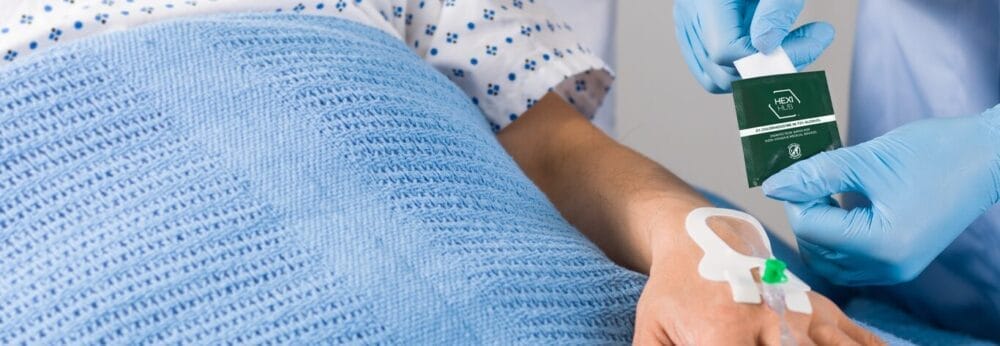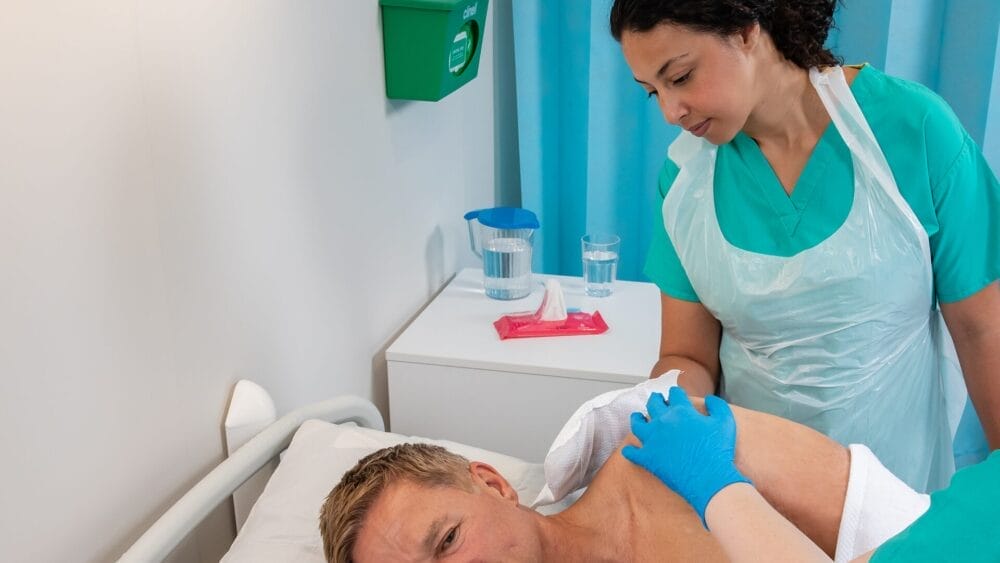Posted
13th April 2017
Research
There has been some recent discussion on whether we should implement screening for asymptomatic carriage of C. difficile. Whilst there is some evidence that cross-transmission of C. difficile from symptomatic cases is rare (in English hospitals, at least), a recent study shows that asymptomatic carriers are an important source of in-hospital transmission of C. difficile.
The study was performed over 4 months in a Danish ICU. All admissions were screened for asymptomatic carriage of C. difficile. The key outcome was that exposure to a C. difficile asymptomatic carrier resulted in an increased risk of C. difficile infection: C difficile infection was detected in 2.6% of patients not exposed to carriers and in 4.6% of patients exposed to asymptomatic carriers (odds ratio 1.8, 95% confidence interval 1.2-2.8). Put another way, patients exposed to asymptomatic carriers were approximately twice as likely to develop C. difficile infection!One unique aspect of the study was that hospital staff were blinded to the C. difficile carriage status of the patients on the unit. This means that no attempts were made to reduce the risk of C. difficile transmission from known carriers. So, the study provides some tantalising evidence that improving the management of known C. difficile carriers (perhaps through isolation and enhanced disinfection) could reduce the incidence of C. difficile infection.Patients with C. difficile diarrhoea will shed a lot more spores and need to remain the key focus of prevention and control initiatives. However, this study suggests that asymptomatic carriers should be a separate focus of prevention and control interventions.
SHARE THIS ARTICLE
Tags
Latest News
Embracing sustainability and cost savings: The journey of Clinell Indicator Notes to paper-based solutions
At GAMA Healthcare, we’ve always prided ourselves on being at…
Introducing HEXI HUB: A seamless transition in our product line
We’re pleased to announce an update to our product offering…
Innovative solutions for tackling Carbapenemase-producing Enterobacteriaceae (CPE) at King’s College Hospitals
King’s College Hospital NHS Foundation Trust, one of London’s largest…
Gloves Off: reducing unnecessary plastic waste during environmental cleaning and disinfection
In this blog, Dr Phil Norville discusses the momentum-gaining ‘Gloves…




